Content

Industrial wastewater is generated from industrial activities, such as manufacturing, mining, and chemical processing. It contains various pollutants, such as heavy metals, chemicals, and organic compounds, which can be harmful to the environment and huma
Update: 13/08/2024
Share:




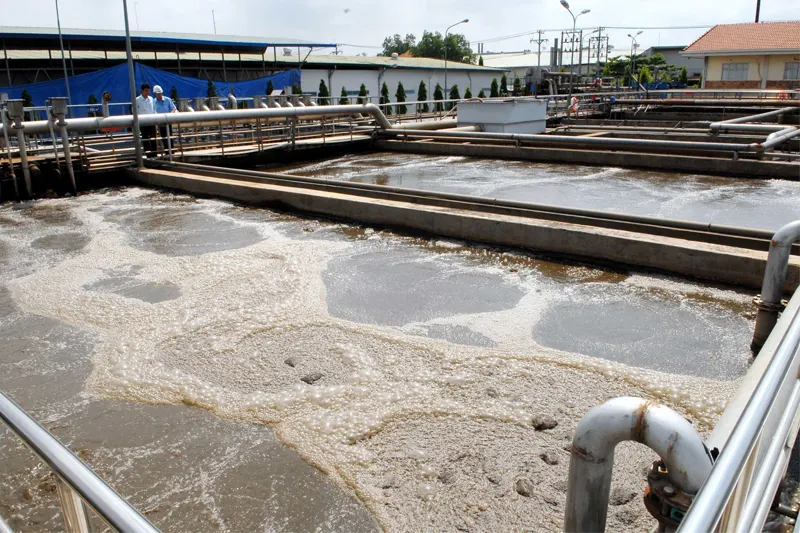
Although industrial activities have made significant contributions to economic development, they also have adverse effects on the environment and human health, including the issue of industrial wastewater. Improper industrial wastewater treatment or direct discharge into the environment remains a pressing concern for society today.
1. What is industrial wastewater?
Industrial wastewater is water polluted by activities in manufacturing and processing in enterprises, facilities, and industrial zones. These wastewater sources can come from various sectors such as:
- Food processing industry: Wastewater containing organic compounds from excess food, fats, and processing chemicals.
- Textile dyeing industry: Wastewater containing dyes, treatment chemicals, and additives.
- Chemical industry: Wastewater containing hazardous chemicals, liquid waste from chemical processes.
- Pulp and paper industry: Wastewater containing cleaning chemicals, papermaking chemicals, and residues from the production process.
- Mining and mineral processing industry: Wastewater may contain heavy metals, chemicals used in the extraction process.
Industrial wastewater often contains pollutants with higher concentrations than domestic wastewater, including:
- Organic compounds: Organic compounds that can decompose, causing pollution if not treated.
- Inorganic substances: Heavy metals such as lead, cadmium, and copper, which can harm the environment and human health.
- Hazardous chemicals: Industrial chemicals like dyes, solvents, and other organic compounds that can be dangerous if not properly treated.
- Suspended solids: Fine solid particles that can clog drainage systems and cause pollution.
.webp)
2. Why is it important to treat industrial wastewater properly?
There are several reasons why businesses, production facilities, and industrial zones must ensure proper treatment of wastewater.
2.1. Environmental protection
Proper treatment of industrial wastewater is crucial for environmental protection. If wastewater is not treated, pollutants can enter natural water sources such as rivers, lakes, and ponds, leading to serious consequences:
- Water source pollution: Organic matter and hazardous chemicals reduce water quality, causing fish deaths and damaging aquatic ecosystems.
- Soil pollution: Hazardous substances from wastewater can infiltrate the soil, affecting soil quality and crops.
- Air pollution: Vapors from wastewater can disperse into the air, causing air pollution and affecting community health.
2.2. Protection of human health
Industrial wastewater contains many hazardous substances that can pose serious health risks to humans if not properly treated.
- Disease risks: Bacteria, viruses, and parasites can cause diseases like diarrhea, hepatitis, and other infectious diseases.
- Risks from hazardous chemicals: Toxic chemicals like heavy metals and solvents can lead to chronic diseases such as cancer, kidney diseases, and neurological issues.
2.3. Compliance with legal regulations
Environmental management agencies have regulations and standards for wastewater quality to protect the environment and public health. Proper treatment of industrial wastewater according to regulations helps businesses ensure compliance with the law. Legal requirements often include:
- Discharge standards: Regulations set maximum limits for pollutants in wastewater before discharge into the environment.
- Wastewater discharge permits: Businesses must obtain permits from environmental management agencies, which often require appropriate wastewater treatment measures.
- Reporting and monitoring: Businesses must submit regular reports on wastewater treatment and environmental protection measures.
2.4. Improving production efficiency
Proper treatment of industrial wastewater can help businesses improve production efficiency.
- Water reuse: Treated wastewater can be reused for other purposes in production, reducing water consumption and costs.
- Reduced treatment costs: Investing in efficient treatment technologies can help reduce long-term costs by reducing waste volume and the risk of improper treatment.
In conclusion, treating industrial wastewater properly is not only a legal responsibility but also brings significant benefits to the environment, human health, and the sustainable development of businesses.
Update: 13/08/2024
Share:




Related news
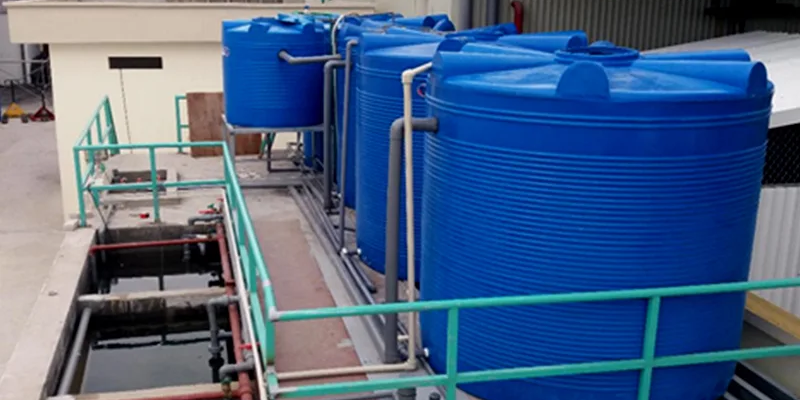
Effective Pharmaceutical Wastewater Treatment Solutions from Toan A JSC
Created at: 04/09/2024
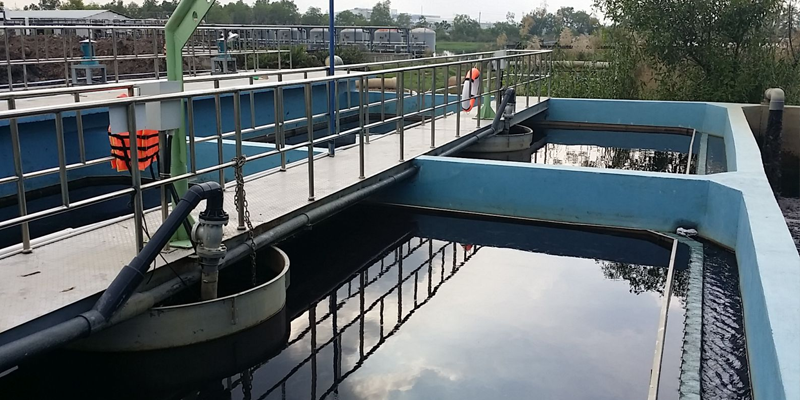
Optimal Solution for Medical Wastewater Treatment from Toan A JSC
Created at: 04/09/2024
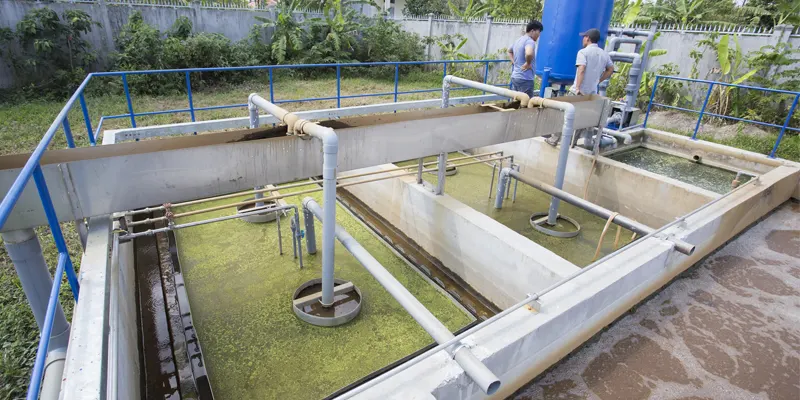
Advanced domestic wastewater treatment technology by Toan A JSC
Domestic wastewater is one of the largest sources of pollution to the environment if not treated properly. In Vietnam, besides individual households, urban areas, apartment buildings, restaurants, hotels, and service establishments are required to comply with the treatment of domestic wastewater according to the QCVN 14:2008 standard set by the Ministry of Natural Resources and Environment to ensure environmental safety and human health. Currently, there are many methods for treating domestic wastewater, each with its own characteristics and specific applications, suitable for different types of wastewater and specific requirements. Let's explore this issue further with Toan A JSC in the following article!
Created at: 14/08/2024




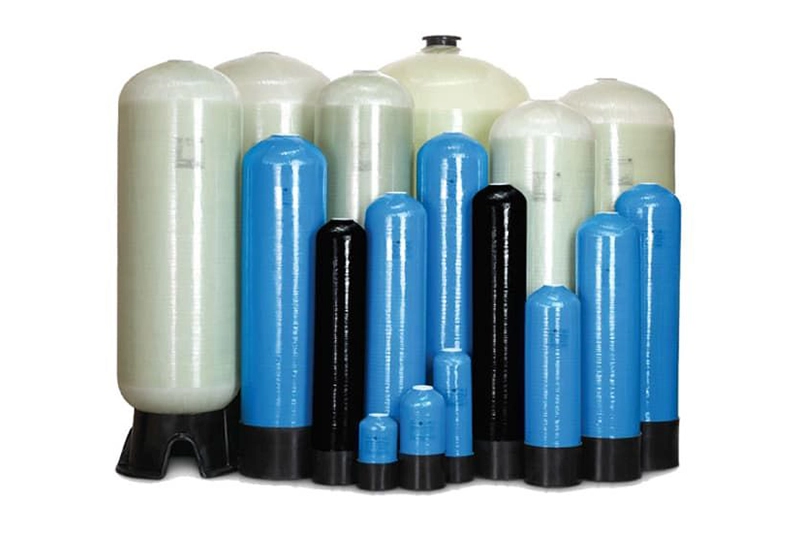
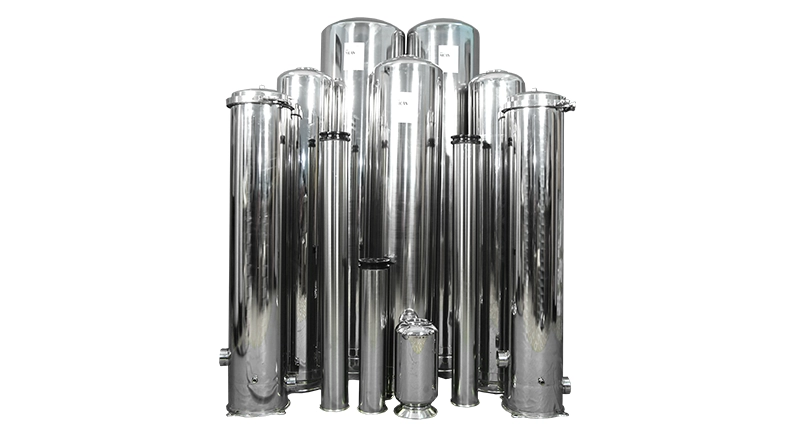
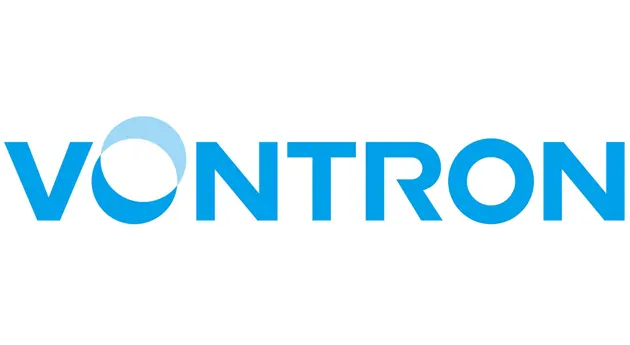



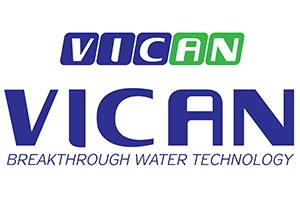






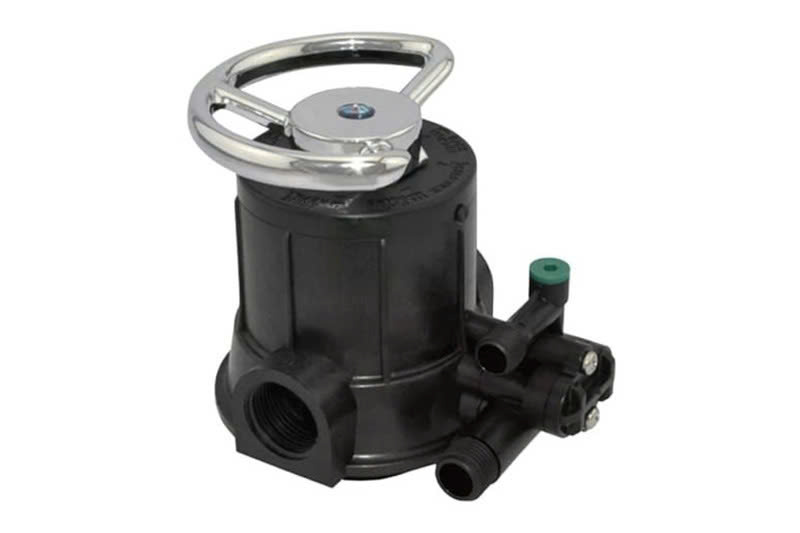



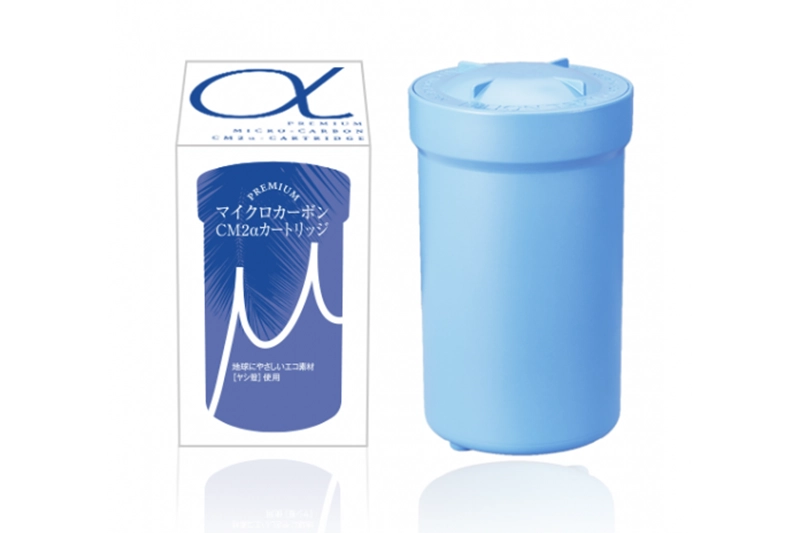
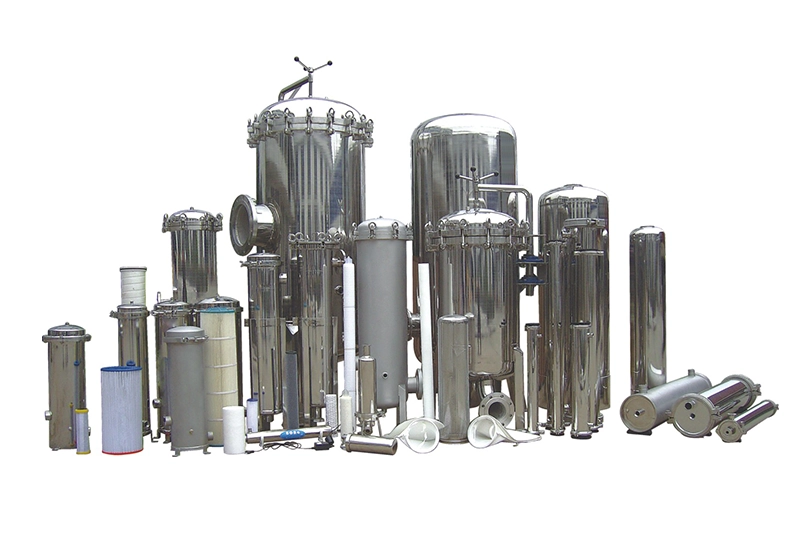
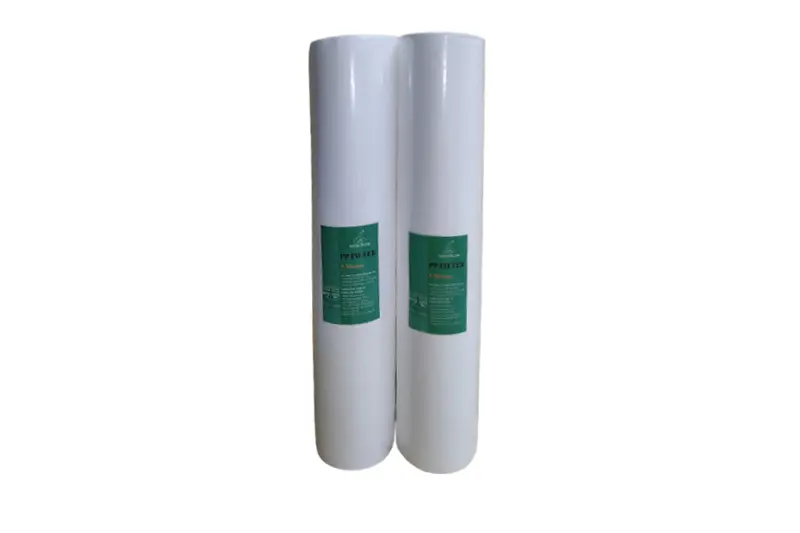
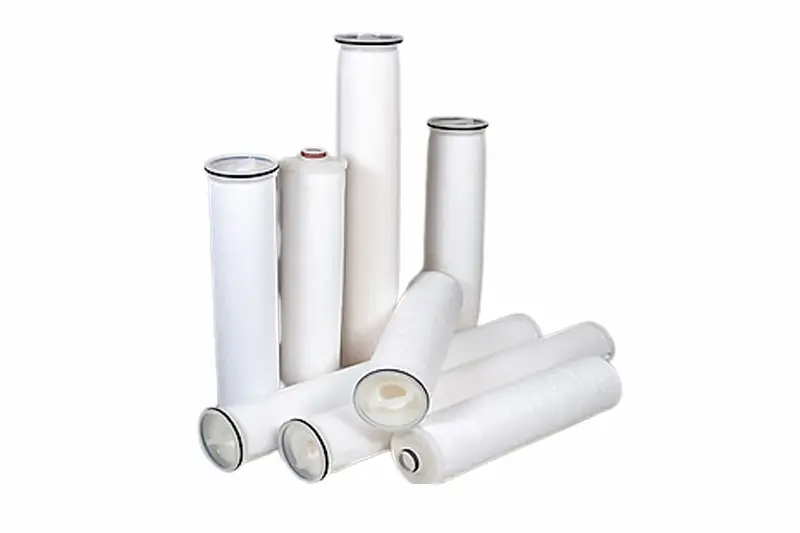


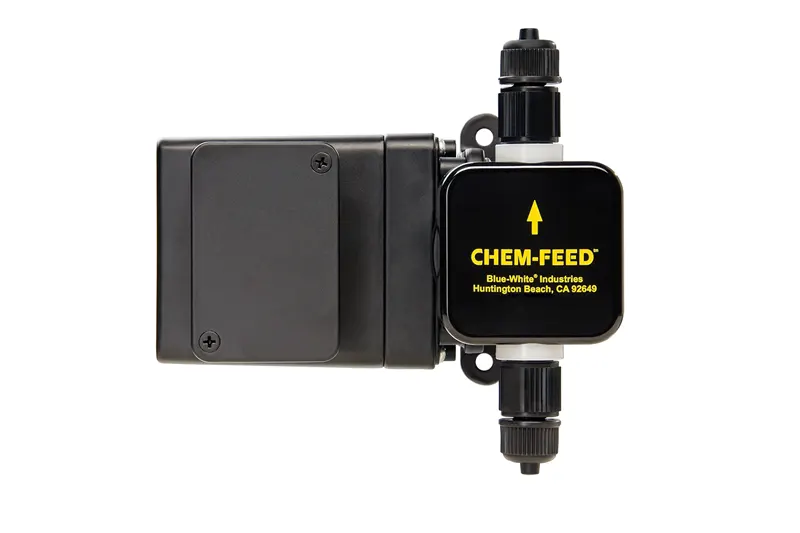
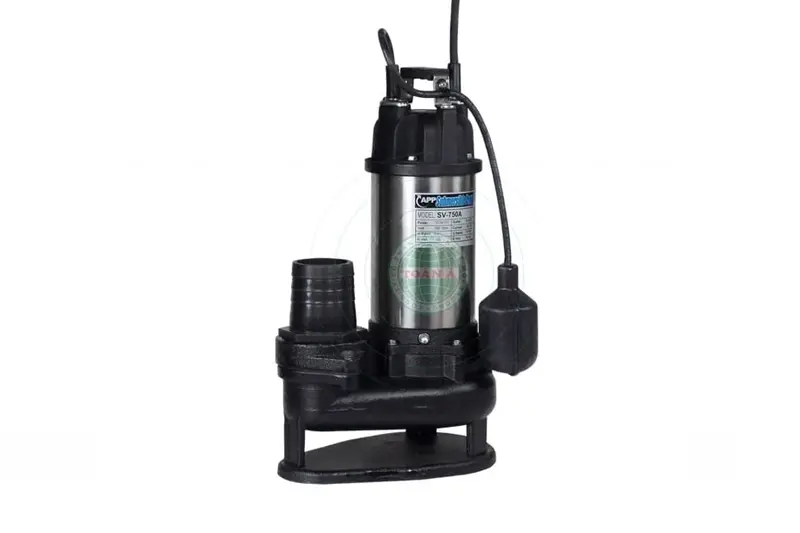
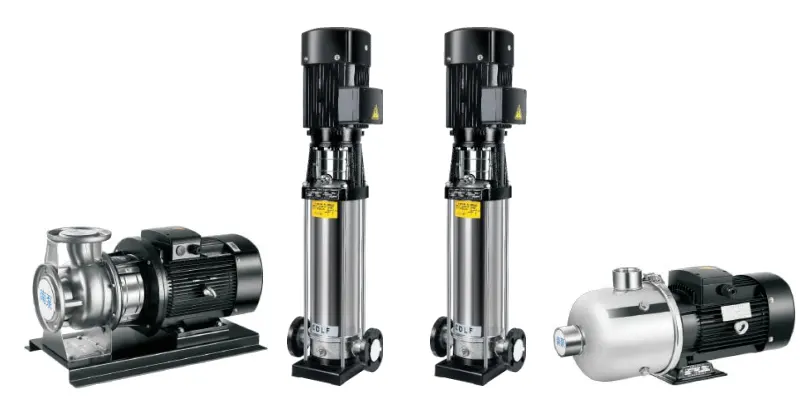


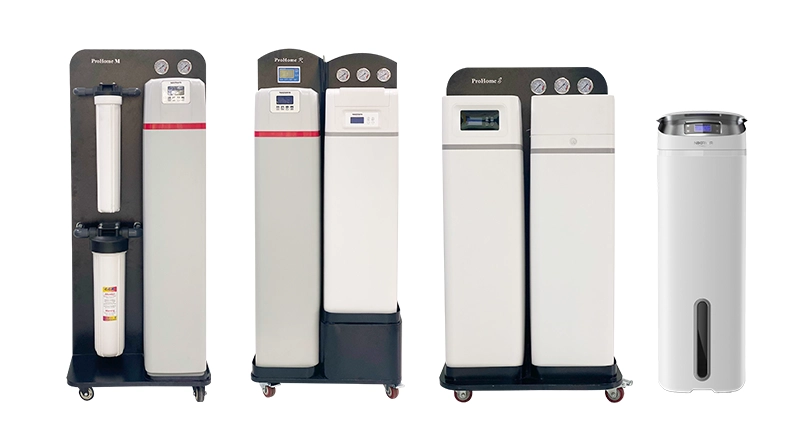
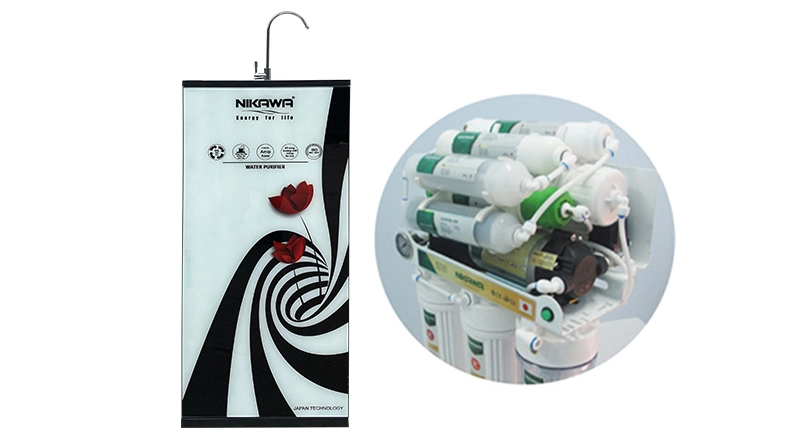
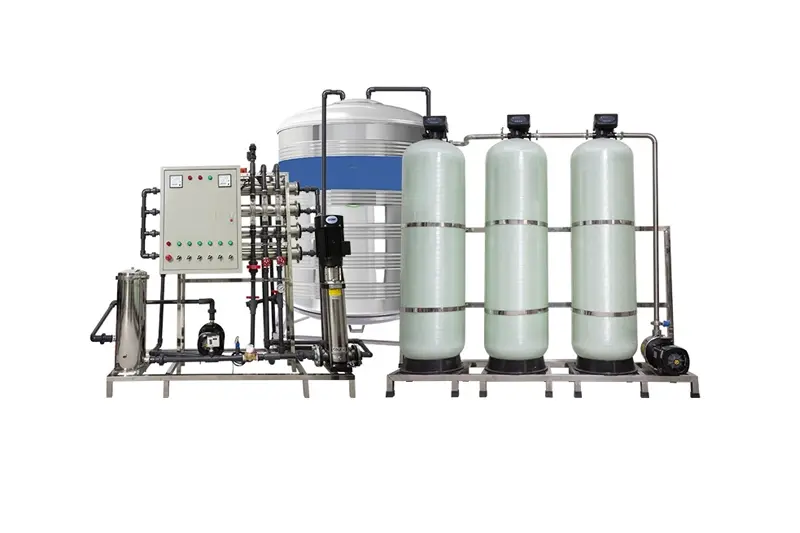
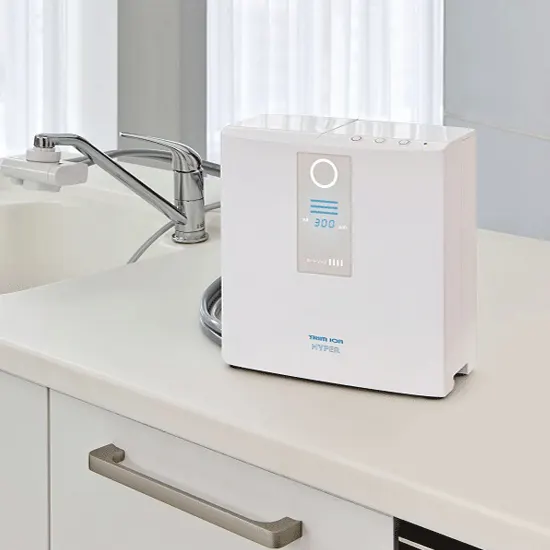
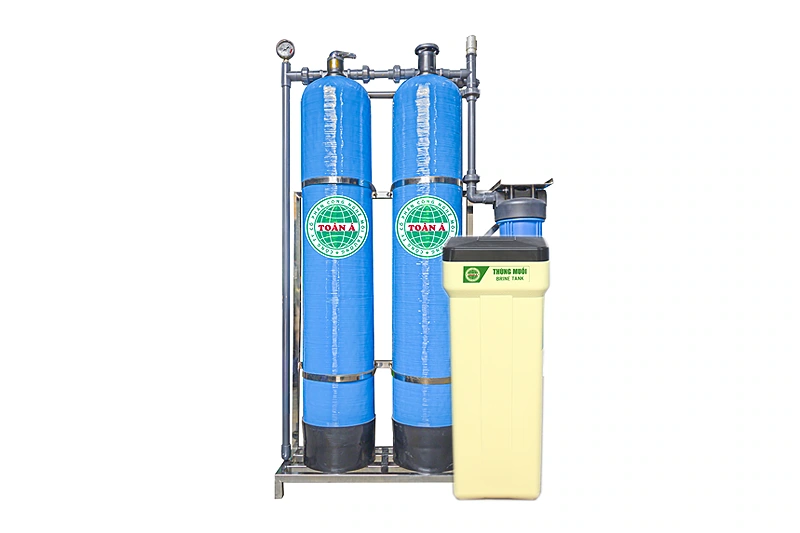


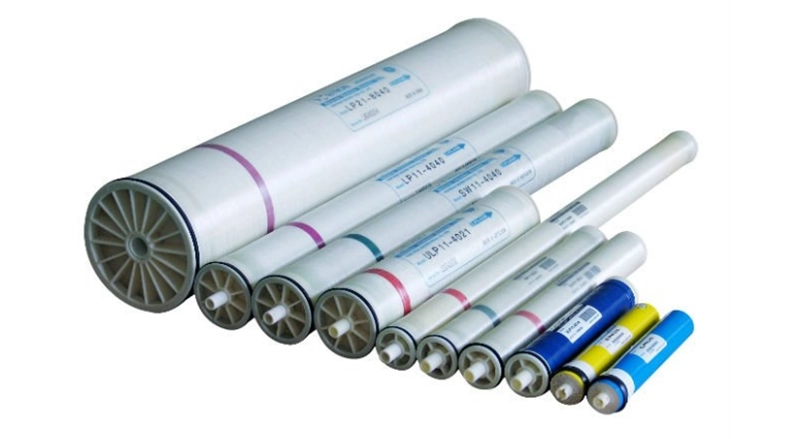
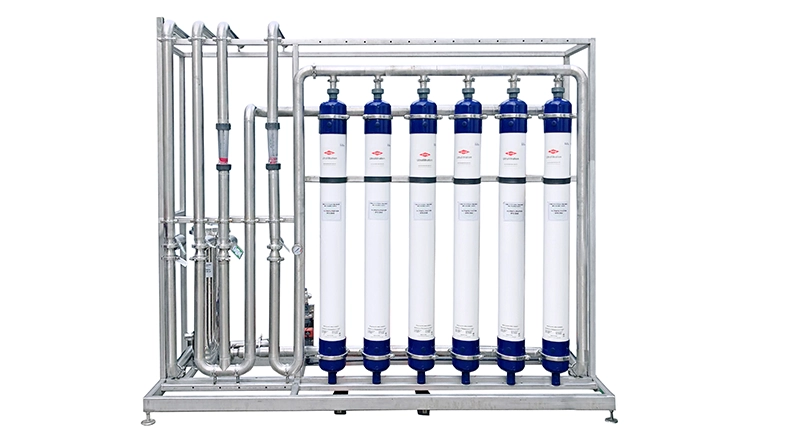


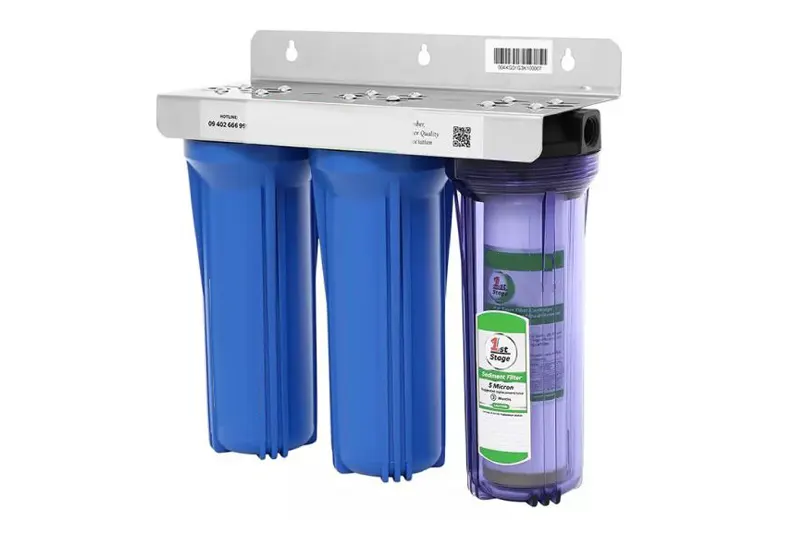

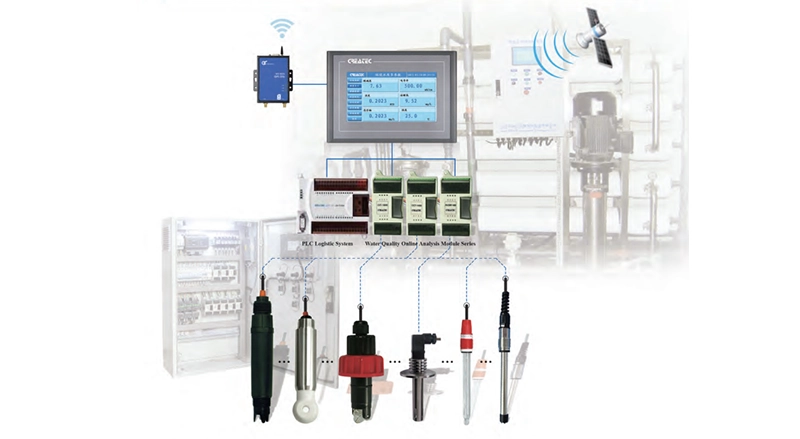
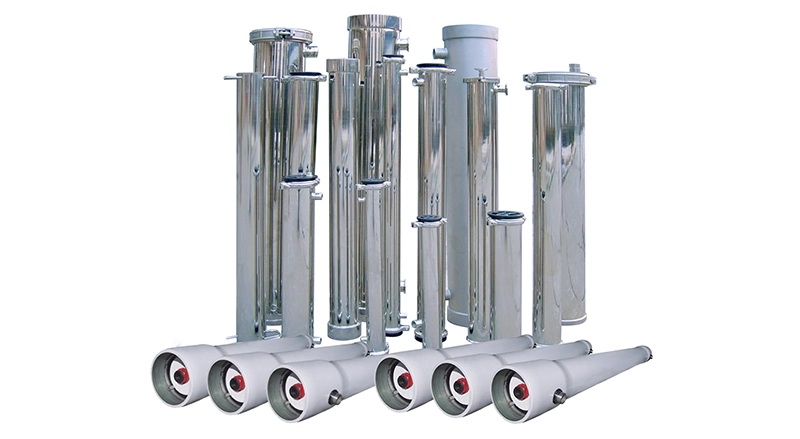
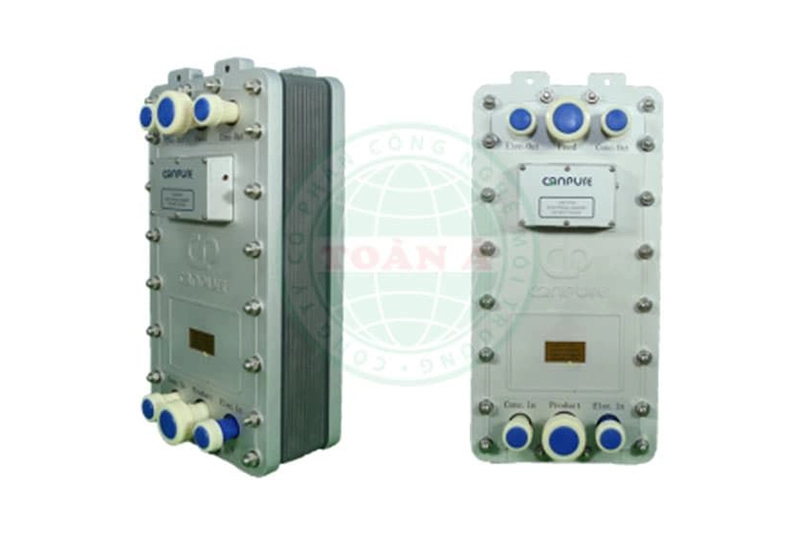
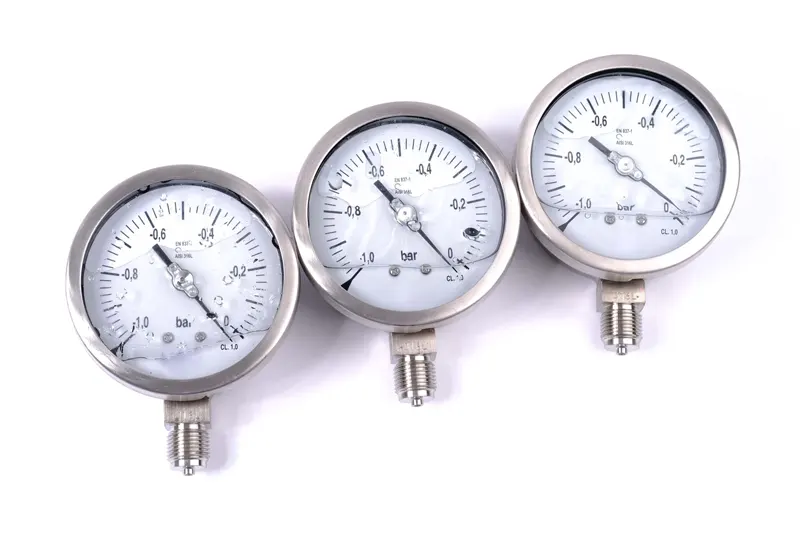
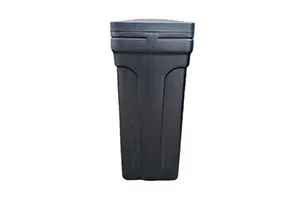


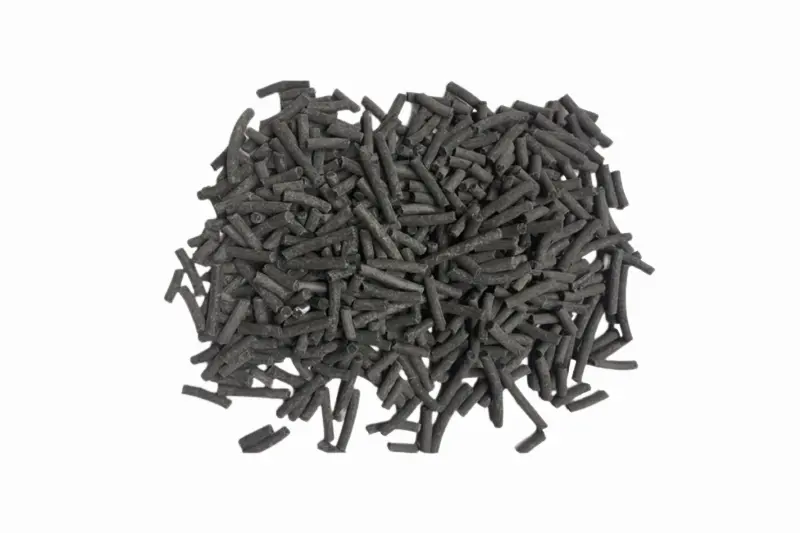
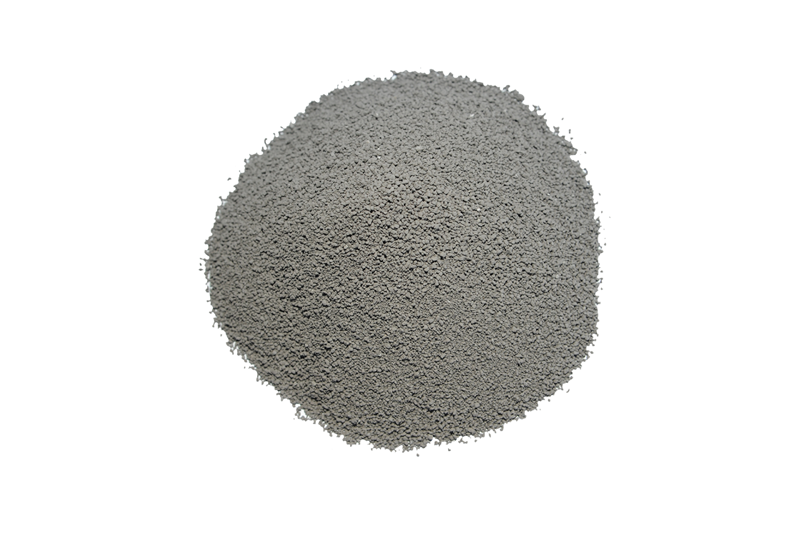
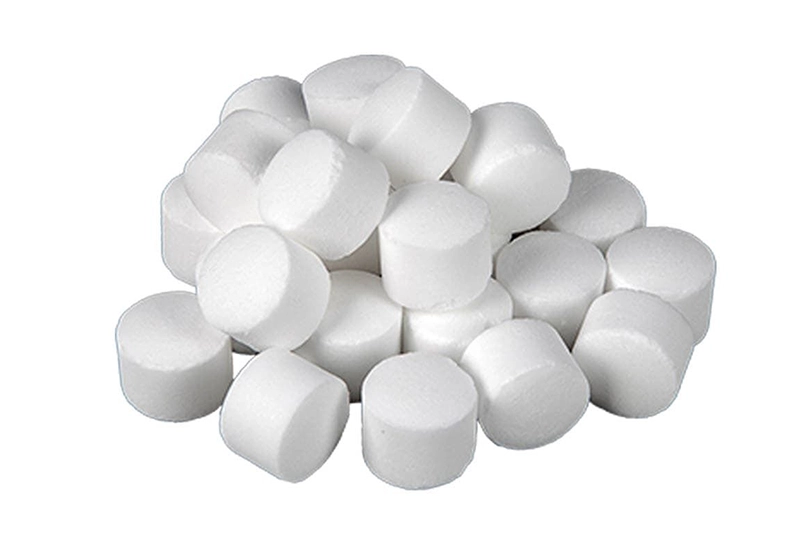
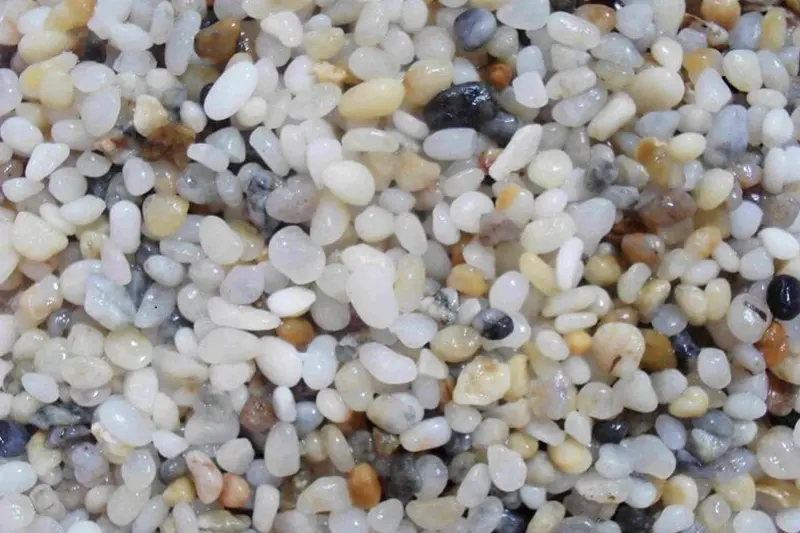














 Water Filter Columns
Water Filter Columns
 Water Filtration Membranes
Water Filtration Membranes
 Control Valves
Control Valves
 Water Filter Cartridges
Water Filter Cartridges
 Water Pumps
Water Pumps
 Water Filtration Equipment
Water Filtration Equipment
 Water Filtration Components
Water Filtration Components
 Water Filtration Materials
Water Filtration Materials
 Heat Pump Water Heaters
Heat Pump Water Heaters



 Products
Products  Solutions
Solutions  Project
Project  News
News